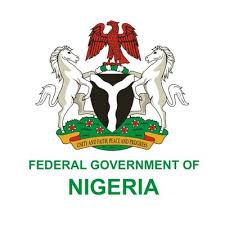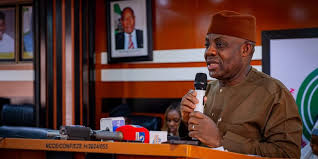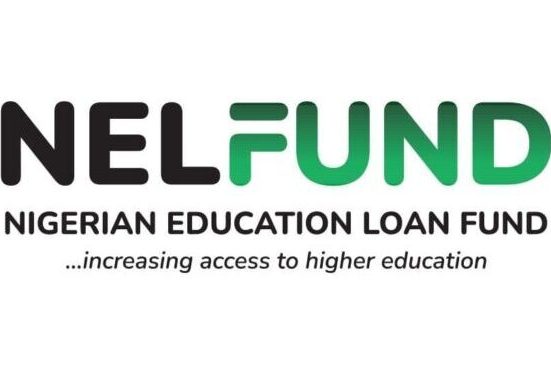The Federal Government has announced that it has secured N250 billion to finance light rail projects in Kaduna and Kano States, a move expected to improve transportation, stimulate economic activities, and enhance regional development.
Minister of Information and National Orientation, Alhaji Mohammed Idris, disclosed this on Monday at a World Press Conference in Abuja. He explained that N150 billion would be invested in the Kano project, while N100 billion would go into the Kaduna project.
According to the Minister, President Bola Tinubu’s administration is prioritizing balanced and inclusive development across the country. He stressed that no region is being left behind in the distribution of capital projects, contrary to claims in some quarters.
“This administration has demonstrated uncommon commitment to equitable development since assuming office,” Idris said, noting that the light rail projects are among several initiatives designed to strengthen subnational infrastructure.
The Minister further highlighted that with the removal of fuel subsidy, state governments now have increased revenues from the Federation Account, enabling them to embark on more projects with reduced reliance on debt. He added that the President is also determined to enforce financial autonomy for local governments, making them catalysts for grassroots growth.
The light rail projects, when completed, are expected to ease movement within and between the two states, reduce traffic congestion, create jobs, and improve business opportunities. Transport experts note that such investments typically boost productivity by cutting travel time, lowering transport costs, and attracting investments into the serviced regions.
For ordinary Nigerians, the development means more than just trains on tracks. It signifies a long-term improvement in living standards, as modern transport infrastructure often drives urban renewal, connects rural and urban areas, and enhances access to essential services such as education and healthcare.
With this initiative, the Federal Government is signaling its intention to build lasting infrastructure that not only connects cities but also strengthens the nation’s economic foundation.







